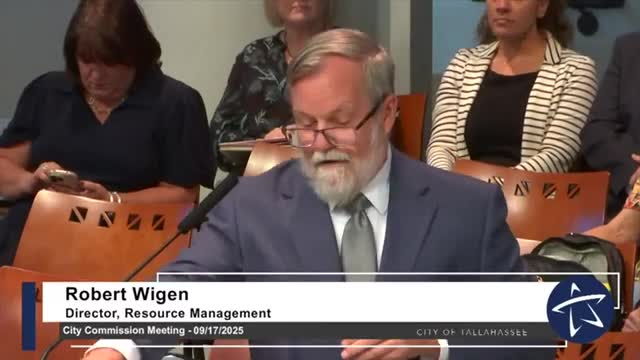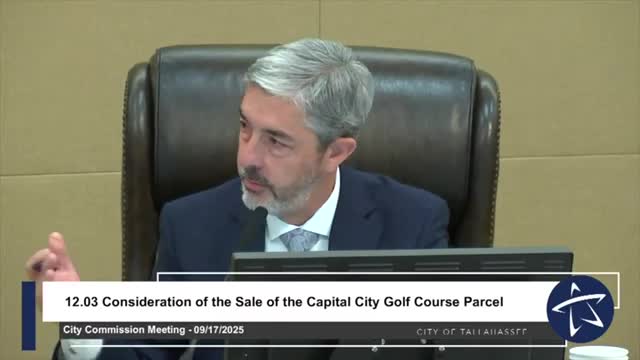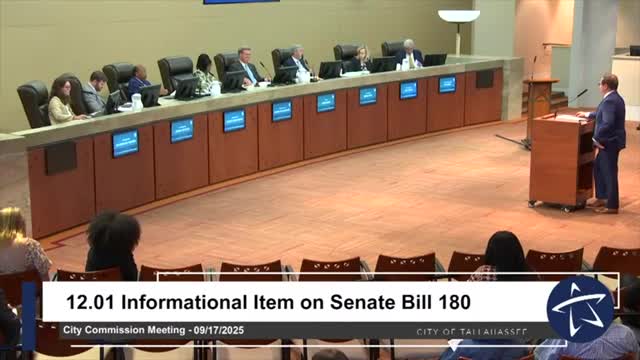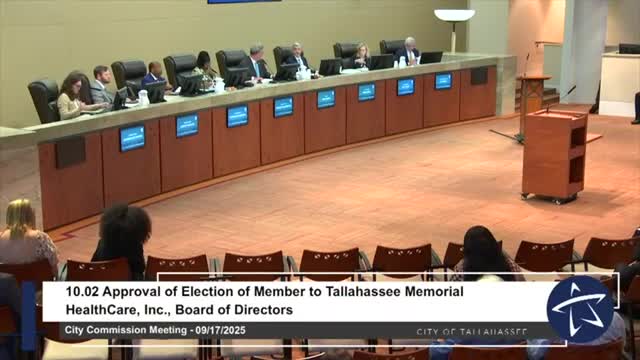Article not found
This article is no longer available. But don't worry—we've gathered other articles that discuss the same topic.

Commission adopts 2025‑26 budget and millage; fire‑service fee debate continues after split with county

City authorizes appraisal of Capital City Golf Course amid concerns about unmarked slave graves and memorialization

Tallahassee commission transmits comp‑plan update after heated debate over lake protection and neighborhood rules

